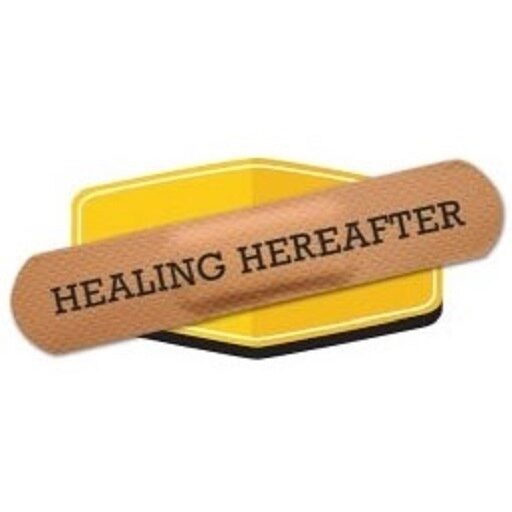This question is a BIG DEAL. Why? Well, at least hundreds of millions of people died before Jesus had even provided the Christian means to salvation. Billions of people have died since then with no meaningful way to access or understand Jesus’ solution even when it had been accomplished. And innumerable humans have died either so early or with such severe, lifelong disability that they couldn’t possibly understand the gospel no matter what natural or supernatural evangelism they received during life. Does God unfairly and rather meanly give them the automatic boot to hell, or does he just as unjustly (especially for the rest of us) give them a free pass to heaven? Or maybe something more biblical, fair, and satisfying; check out the Chapter 16 summary of Healing Hereafter to get you thinking…
Chapter 16
In prior chapters we explored where (locations termed Paradise and Tartarus) it seems most likely that those who accepted the gospel and those who rejected the gospel during physical life go upon dying-both associated with a holding place of sorts for the dead called Sheol or Hades in the Bible. But there are also situations where specific postmortem individuals are being evangelized, referred to at least twice directly and often indirectly in the Bible. We validate this in each of these passages, and by placing them in the context of the biblical hereafter as a whole, we learn that this would be the spiritually neutral place that serves as a transient limbo only for those who had no meaningful access to Jesus’ message during physical life. As soon as a person has received a fair chance to demonstrate faith and be taught the gospel by Jesus, their response would land them in either Tartarus or Paradise with everyone else. We explain why people there won’t be more likely—and may even be less likely—to accept God’s solution of Jesus, and we answer objections some have to a place like this. It is also differentiated from similar ways people account for the unreached that are either biblically inconsistent or dismiss any need for Jesus. We then consider the three regions of Sheol/Hades together and offer two crucial reasons why the Bible spends the bulk of its words on Hell and Heaven and less on its other postmortem locales. We close our discussion about how God desires to, can, and will give everyone a just opportunity to exercise faith and know the gospel by emphasizing how biblically real, distinct, and necessary the regions of Sheol/Hades are and by summarizing how rationally and simply they can answer so many disturbing questions that a hereafter comprising only Hell and Heaven cannot.


